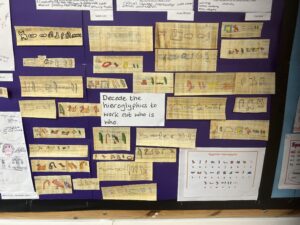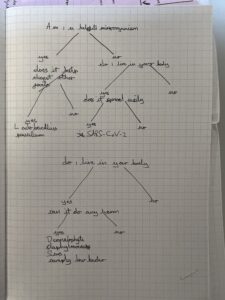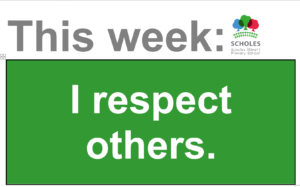Well, that is the first half-term of the new school year over with! It doesn’t feel like two minutes since children were arriving on the first day of term, bursting of stories about their holidays. Let’s take a look at what we have been up to this week.
Our writing focus has been on creating our own recount of visiting an Ancient Egyptian tomb, and retelling all of the adventures along the way. We have used a variety of resources to help us plan our writing, to ensure we could get the reader hooked on our Egyptian adventure.
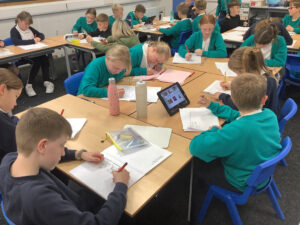

Tuesday saw us host a Drop-Down Morning, where we recapped our Geography learnings from the previous year. Hemispheres, Biomes, Grid references and fact files on Venice were just some of the topics we looked at. Year 5 particularly enjoyed using Ordinance Survey maps to try and locate our school.
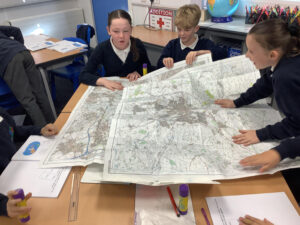
Ancient Egypt was our Topic focus again this week, and this time it was looking at pyramids. Our pupils could not believe just how big they were. Each stone weighed 2.5 tonnes (that’s the equivalent of 765 chickens!) We measured objects out in the playground to compare how these measured up against the size of the tallest pyramid (146m high).
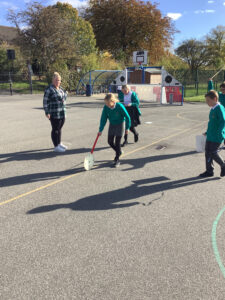

A huge well done to the 17 pupils who put themselves forward to be the class representative on the Junior Leadership Team. I was blown away by the quality and maturity of the speeches you gave. After a very tight vote, I can confirm that Samuel Beevers has been elected as our Class Representative. Well done Sam!
There’s just time to catch up on our certificate winners.
Living and Learning – Freddie. Gave an excellent candidate speech to be class representative. Honest, humorous and genuine, his speech was representative of who he is as a person!
Sports – Bethenny. Always comes up with ways to make games imaginative and fun. A great partner to be teamed up with, she always puts others first before herself.
Learning – Archie. A superb attitude all week across all subjects. Your commitment to producing a detailed recount in Writing has been great to see!
The very best of luck to Hope who is sadly leaving us to join a new school. She will be a big miss to the class, and we wish her all of the best.
Have a happy and healthy half-term holiday!
Mr. Robson


